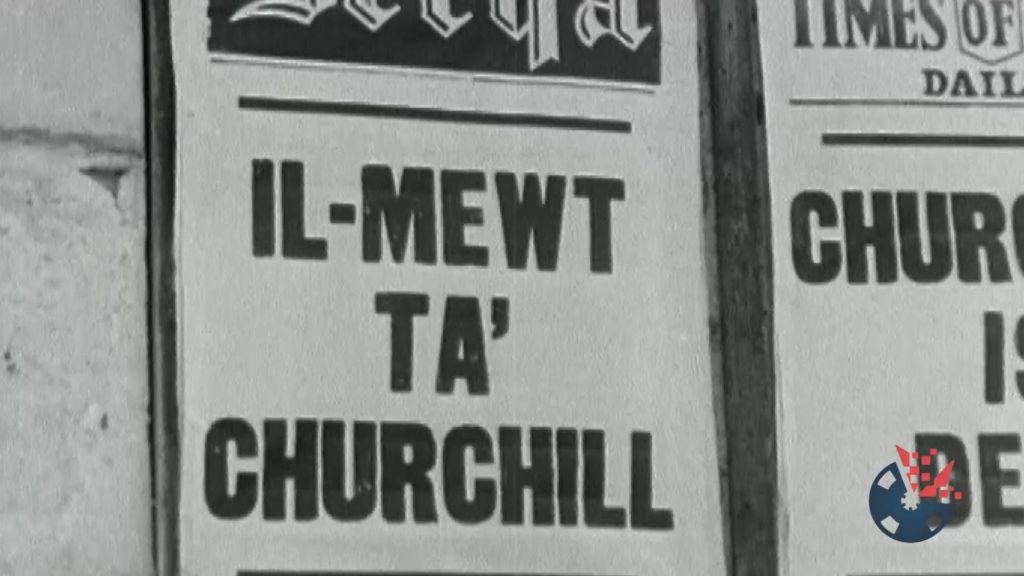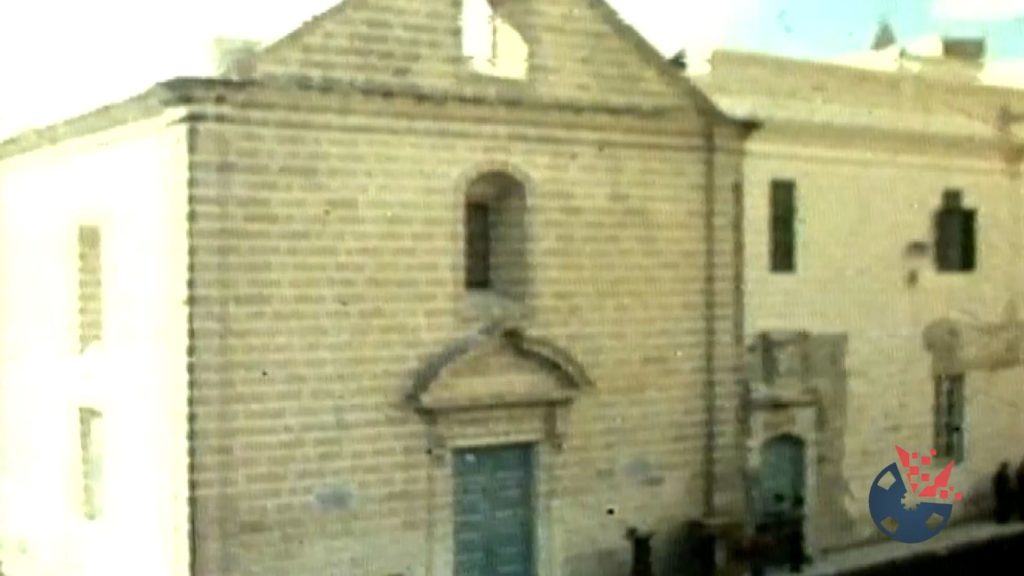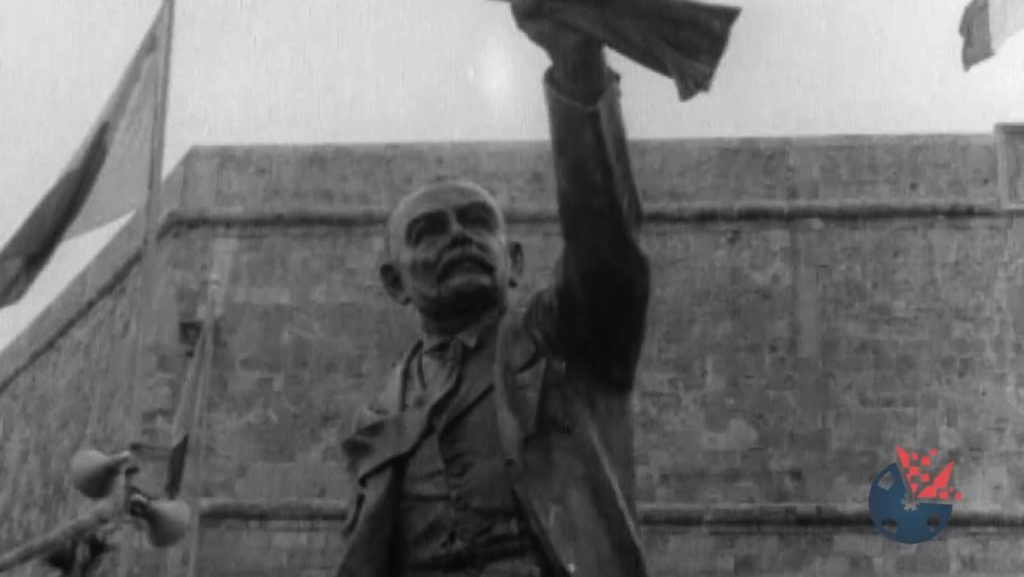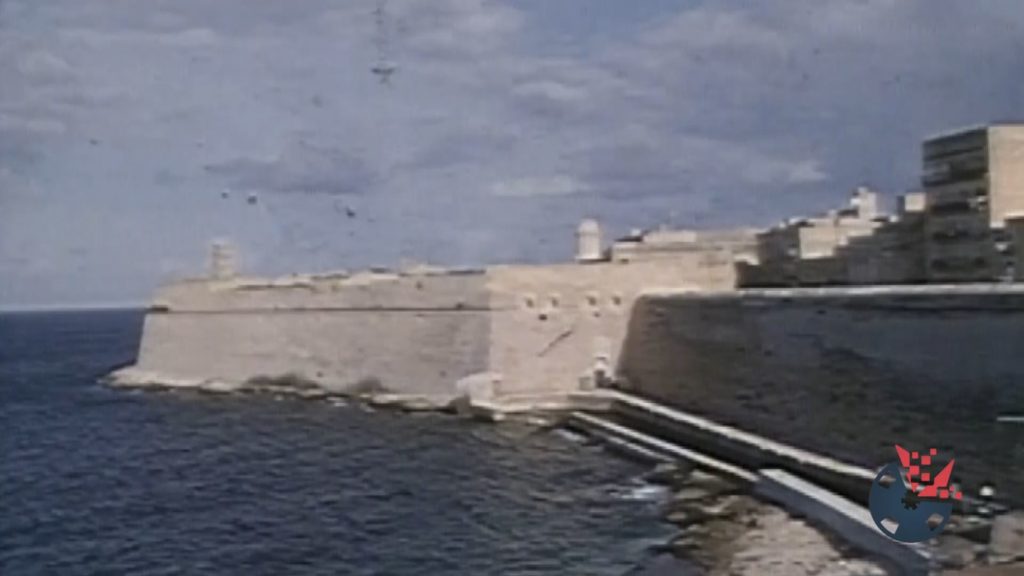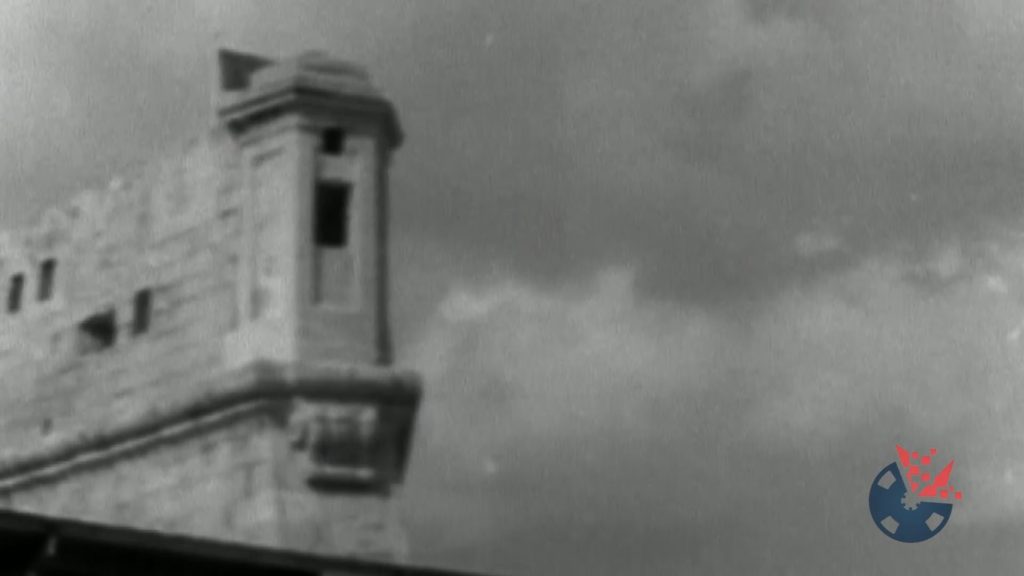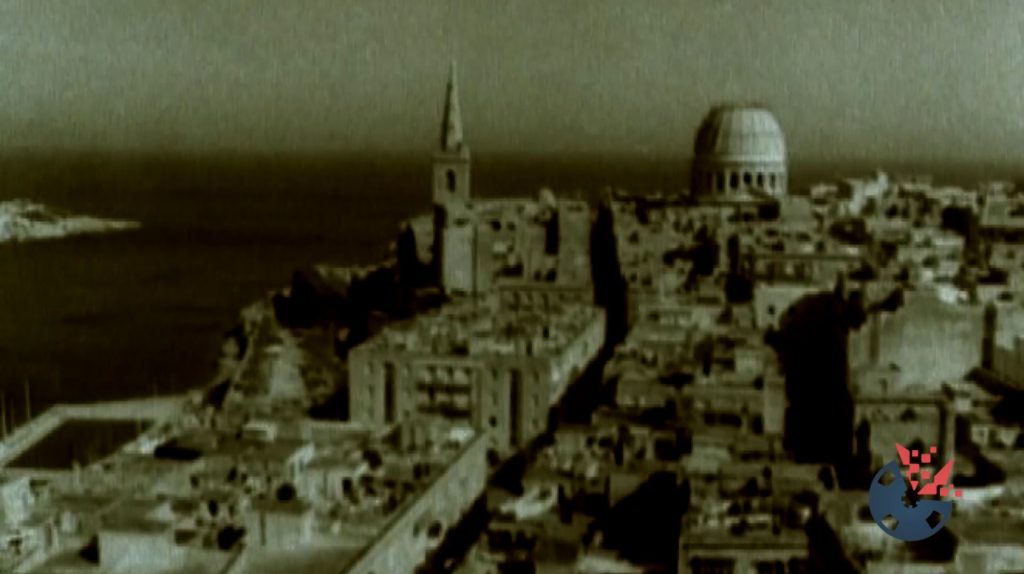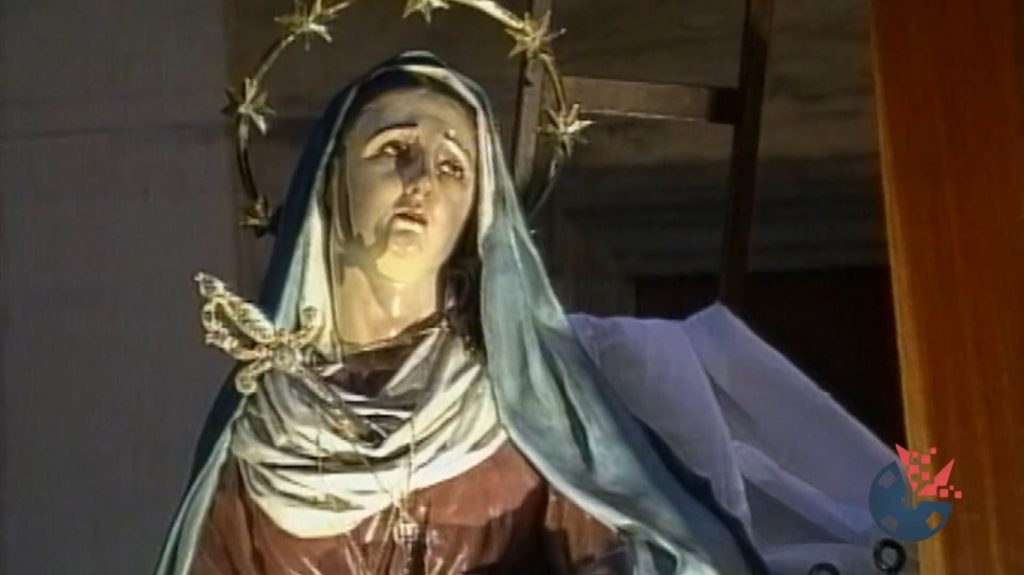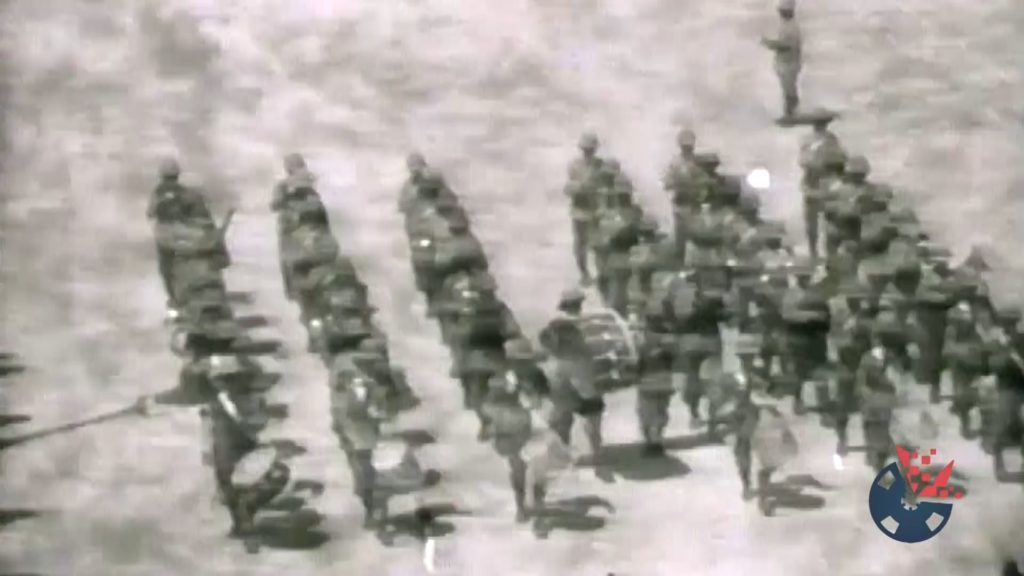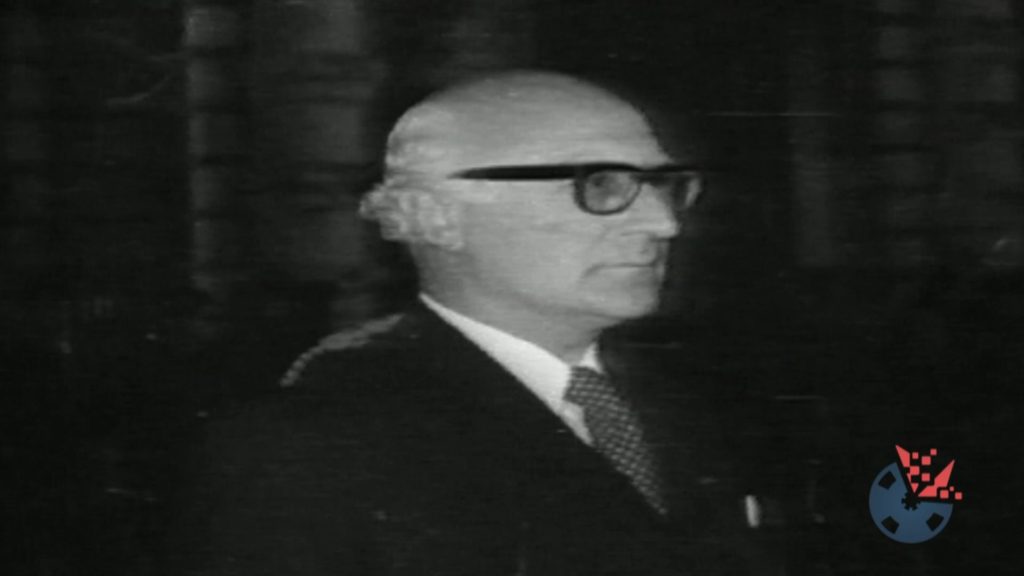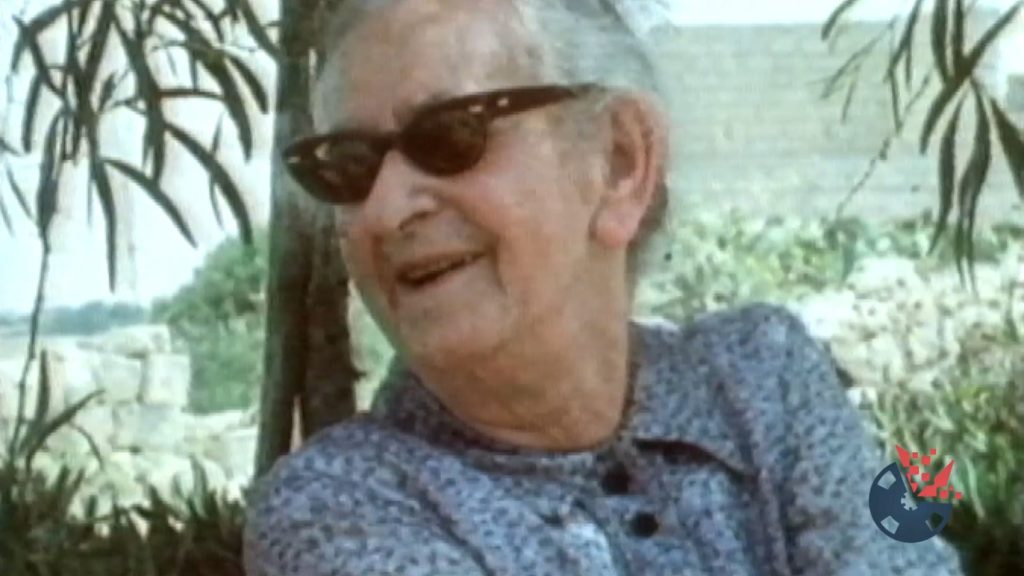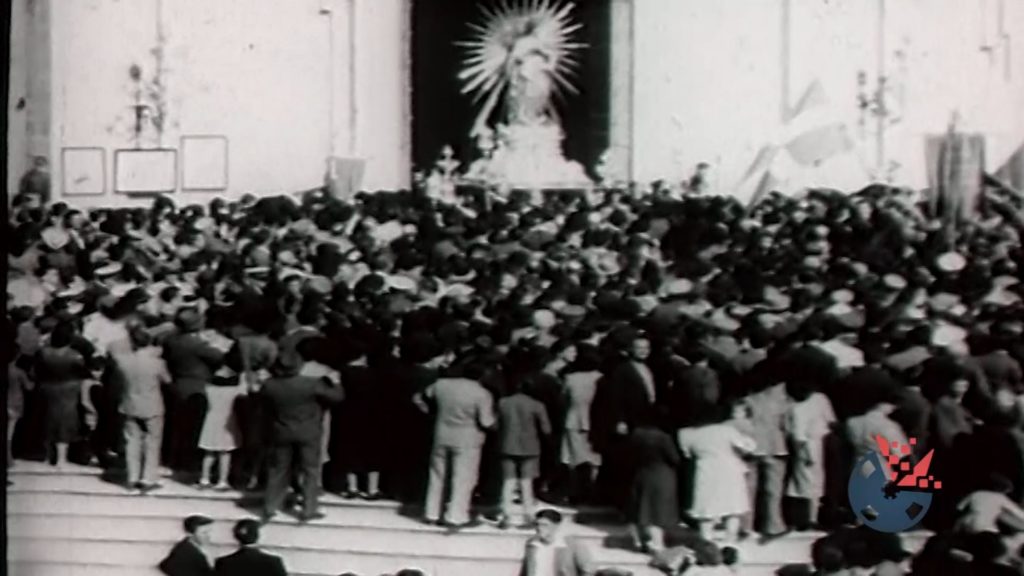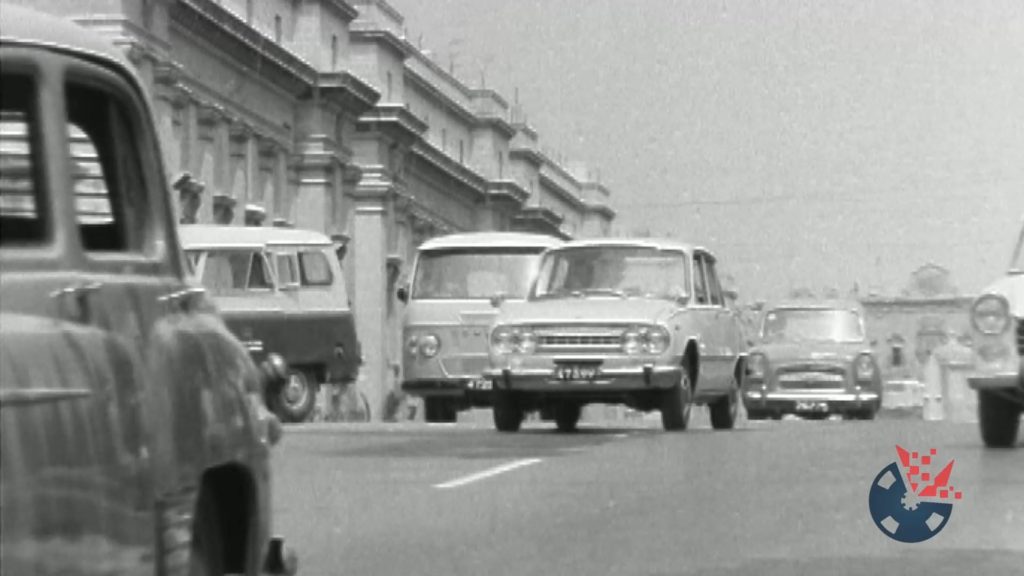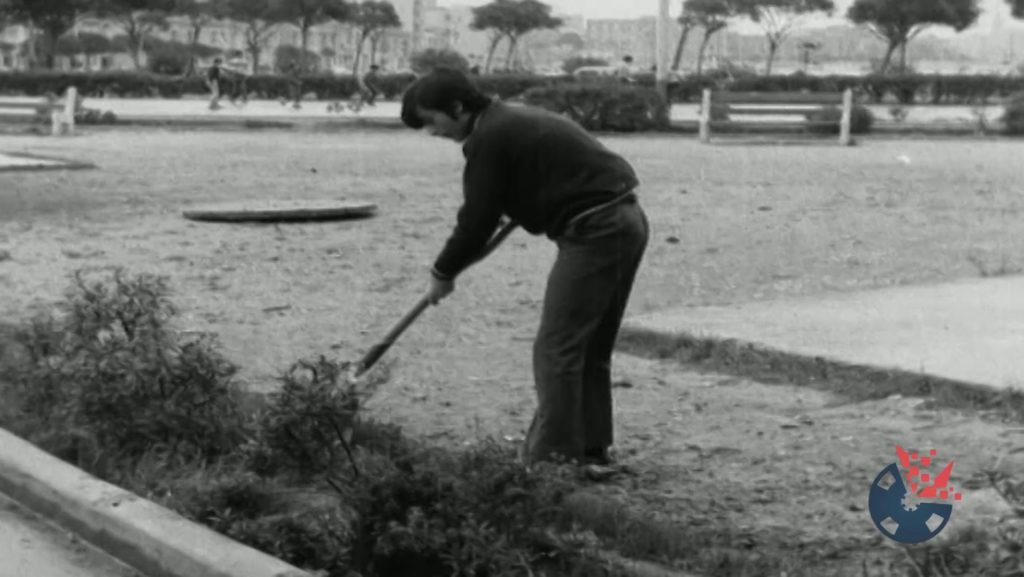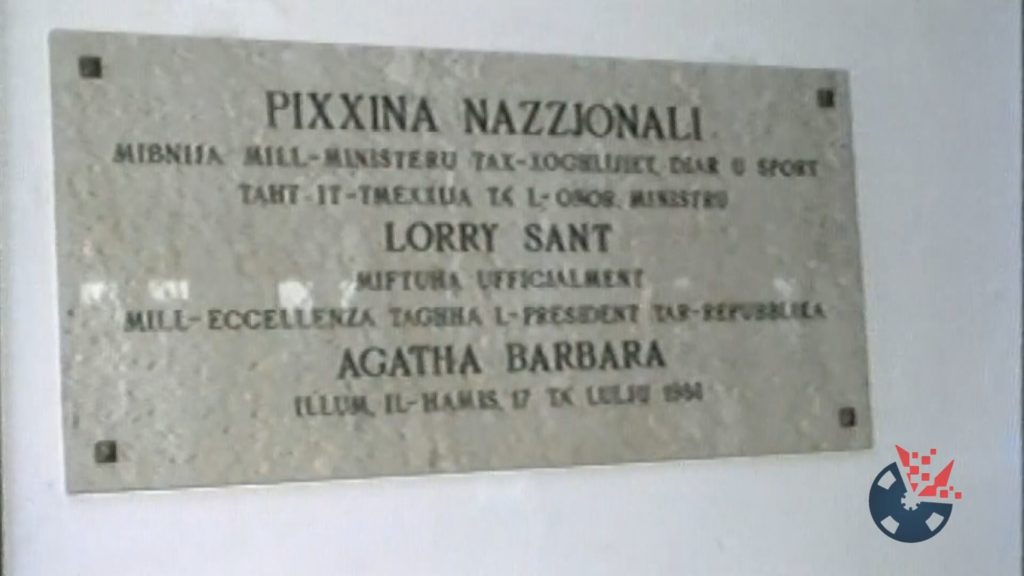Description
Sette Giugno is a national holiday in Malta to commemorate the tragic events of 1919 following a series of protests in Valletta.
On June 7, three Maltese protesters, Manwel Attard, Ġuzeppi Bajada and Lorenzo Dyer, died when British soldiers fired at a rioting crowd in Old Bakery Street. Another protester, Carmelo Abela, was stabbed the following day and died a few days later.
Tensions had been rising Malta since the end of the First World War. Growing unemployment, hunger, a rise in the cost of living and newly-introduced taxes only served to inflame the situation and there were growing calls for Malta to be granted some kind of self-government. In the weeks after the Sette Giugno tragedy, Malta’s Governor Lord Plumer recommended a number of liberal concessions. Based on his report, MPs at Westminster agreed that Malta ‘must have control of purely local affairs’.
The first election held under the new Maltese constitution was held in October 1921. The Prince of Wales, later King Edward VIII, formally opened the new representative chambers at the Palace in Valletta in November 1921.
Since 1989, a national holiday has been held every year as a mark of respect to those who died in the protests. The Sette Giugno monument was unveiled in St George’s Square in 1986.

